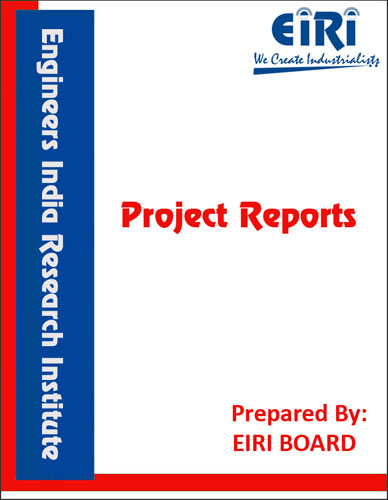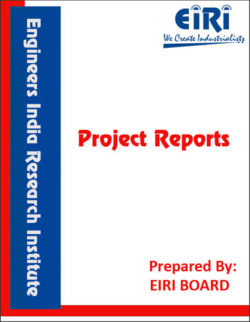AYURVEDIC COLLEGE WITH HOSPITAL
The project report includes Present Market Position and Expected Future Demand, Market Size, Statistics, Trends, SWOT Analysis and Forecasts. Report provides a comprehensive analysis from industry covering detailed reporting and evaluates the position of the industry by providing insights to the SWOT analysis of the industry.
We can prepare PROJECT REPORT as per your INVESTMENT PLAN for BANK LOAN REQUIREMENT and INDUSTRY ANALYSIS. All reports are prepared by highly qualified consultants and verified by a panel of experts.
Have Query? Click Here to Chat
Industry Expert is Online, Chat with him for more detail.

Ayurveda, the perfect science or knowledge of life is believed to be the oldest treatment method which evolved around 600 BC in India. The word Ayurveda originated from the two Sanskrit words, ‘Ayur’ meaning life and ‘Veda’ meaning knowledge. Ayurveda practiced by special physicians called ‘Vaidyas’ is known to promote positive health, natural beauty and long life. Life, according to Ayurveda, is a combination of senses, mind, body and soul. The medicinal system believes that human beings and nature should be in perfect harmony and that disease occurs when the equilibrium between these two is disrupted. Restoration of this fundamental balance, through the use of nature and its products is the main goal of this medical system. The concept is not just on curing bodily ailments but also on preventing. Ayurveda emphasizes that ‘Prevention is better than cure’. In Ayurveda, which is basically a humoural medical system, diseases are understood as an imbalance between the body’s three humors, Vata (nerve energy), Pitta (catabolic fire energy) and Kapha (anabolic nutritive energy). Natural herbs and minerals are used for preparing medicines. Apart from herbs, purification and detoxification, dietary changes, body massages and meditation are used to promote health and prevent and treat illness. Ayurvedic medicines are rapidly gaining acceptance all over the world as they have no side effects and is found to have cures for even rare ailments. Check out the link Ayurveda to know more about the system. Central Council for Research in Indian medicine and Homoeopathy (CCRIMH ) was established in 1969 by the Government of India for a systematic research in Ayurveda . In the year 1978, CCRIMH was split into four separate councils, one each for Ayurveda & Siddha, Unani, Yoga & Naturopathy and Homoeopathy.
•• INTRODUCTION
• PART I
• PART II
• PART III
• TABLE CLASSROOM FITTINGS
• TABLE CLASSROOM FITTINGS
• MARKET POSITION
• LIST OF THE AYURVEDIC COLLEGES
• PRINCIPLES OF PLANT LAYOUT
• PLANT LOCATION FACTORS
• EXPLANATION OF TERMS USED IN THE PROJECT REPORT
• PROJECT IMPLEMENTATION SCHEDULES
• MACHINERY & EQUIPMENT SUPPLIERS
• IMPORTED PLANT & MACHINERY SUPPLIERS
APPENDIX –A
01. PLANT ECONOMICS
02. LAND & BUILDING
03. PLANT AND MACHINERY
04. OTHER FIXED ASSESTS
05. FIXED CAPITAL
06. RAW MATERIAL
07. SALARY AND WAGES
08. UTILITIES AND OVERHEADS
09. TOTAL WORKING CAPITAL
10. TOTAL CAPITAL INVESTMENT
11. COST OF PRODUCTION
12. TURN OVER/ANNUM
13. BREAK EVEN POINT
14. RESOURCES FOR FINANCE
15. INSTALMENT PAYABLE IN 5 YEARS
16. DEPRECIATION CHART FOR 5 YEARS
17. PROFIT ANALYSIS FOR 5 YEARS
18. PROJECTED BALANCE SHEET FOR (5 YEARS)



